Closure of HK's Music Zone leaves a hole in local indie scene
Hong Kong band The Lovesong would not normally play a show without lead guitarist Ephraim Bano, who moved to the US more than 10 years ago.
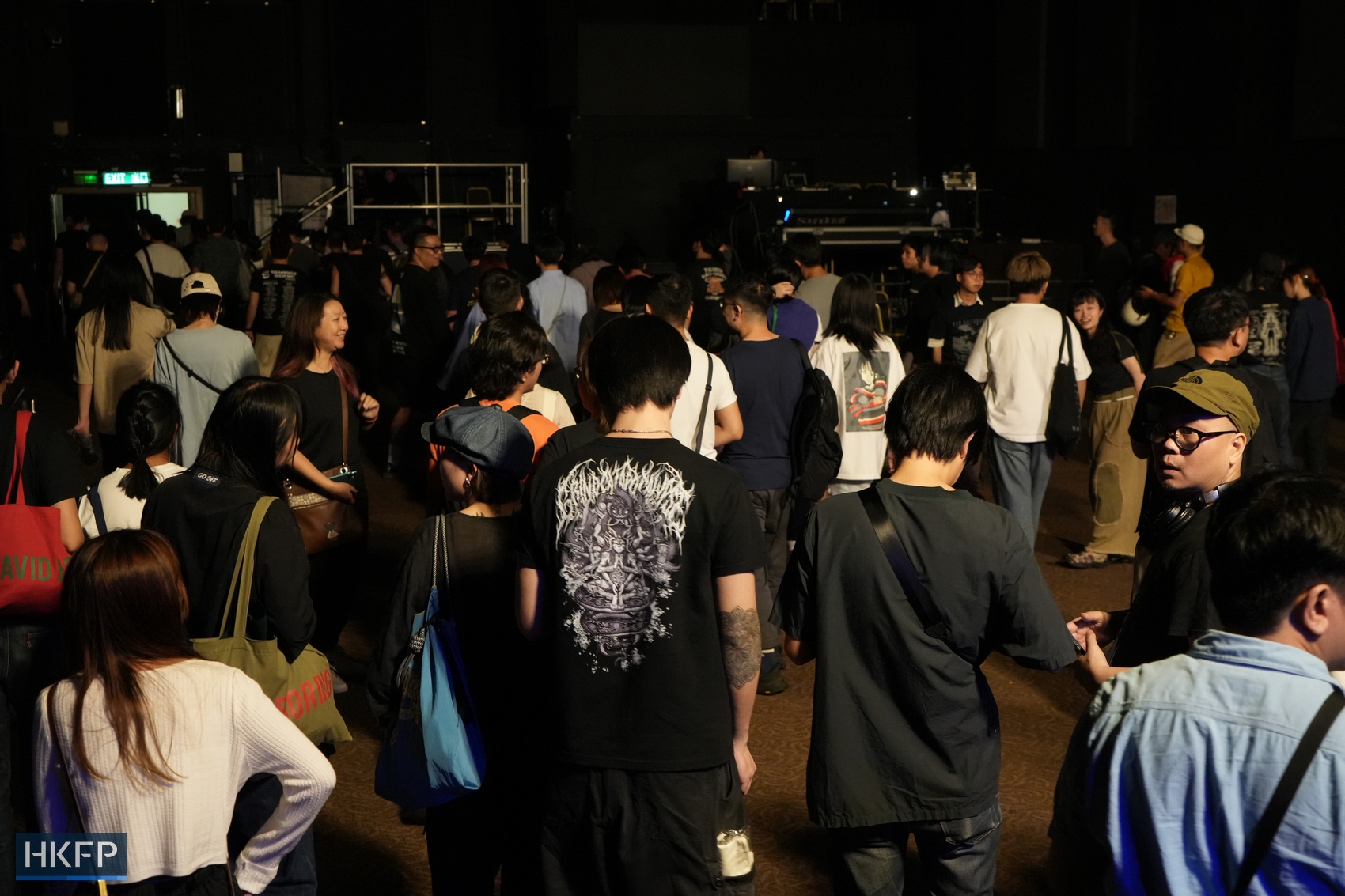
But last Saturday was no ordinary occasion – it marked the end of the road for Music Zone, one of the city’s few remaining live houses – and bassist Nic Tse said the band had compromised to perform in a three-member line-up to share the stage one last time with friends from mainland China and Japan.
Established in 2012 in the Kowloon Bay International Trade & Exhibition Centre (KITEC), before its closure at the end of March, Music Zone was one of Hong Kong’s few medium-sized music venues. Over the years, it became a popular option for local and overseas indie bands with a smaller appeal, particularly those with an appreciation for alternative sounds.
It could even impact the future of music events in Hong Kong, said a manager of Neonlit, a co-organiser of TTN, which focuses primarily on bringing overseas acts to the city. Asked only to be identified as Leung, he predicted fewer gigs featuring less famous international artists.
“[Organisers] may turn to more established, overseas acts that can fill larger stadiums,” Leung told HKFP in Cantonese.
Subscribe to HKFP's twice-weekly newsletter for a concise round-up of local news and our best coverage. Unsubscribe at any time - we will not pass on your data to third parties.
Processing… Success! You're on the list. Whoops! There was an error and we couldn't process your subscription. Please reload the page and try again.“It could mean a hiatus for medium-sized gig organisers,” he said, adding that the economic downturn also had an impact.
‘Lost count’
“I’ve lost count,” Yuen Chi-chung, a veteran music critic, said of the time he had spent at Music Zone.
According to popular culture outlet Wave, Music Zone hosted over 740 music shows since 2012, including several now-famous artists before they reached stardom.
“Many Hong Kong indie bands have played here… My Little Airport, they were here before they went on to MacPherson or Star Hall… Serrini also played here,” Yuen said. MacPherson Stadium in Mong Kok and Star Hall, located above Music Zone in KITEC, both accommodate more than a thousand seats.
“Here is like the first step for many acts’ solo performance,” he added.
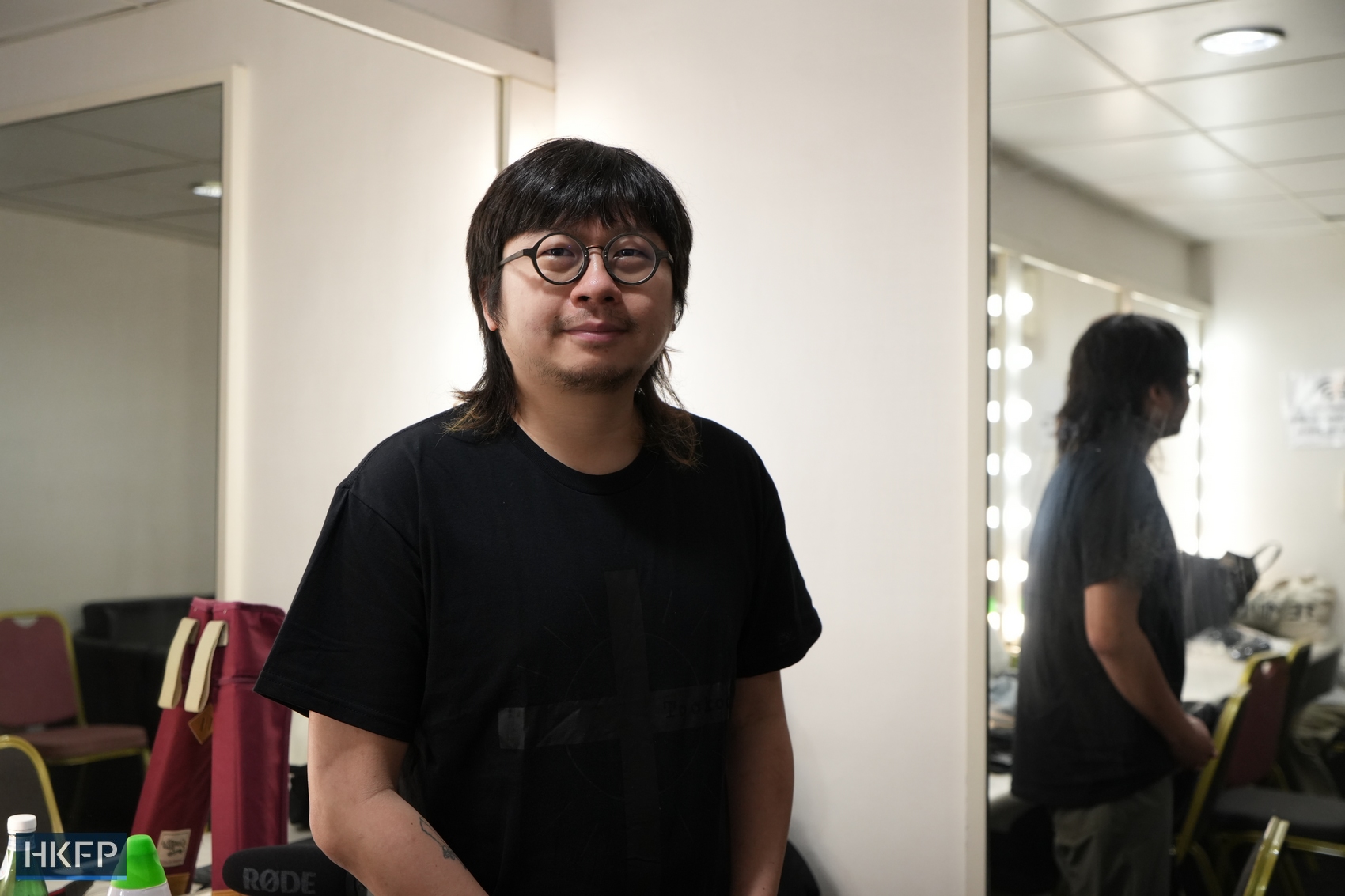
Such artists include Panther Chan, and Keung To of the popular boyband Mirror, both of whom performed their first solo concerts at Music Zone, according to publicly available records.
But the venue also featured international acts that were more established in their home countries or appealed to specific types of fans.
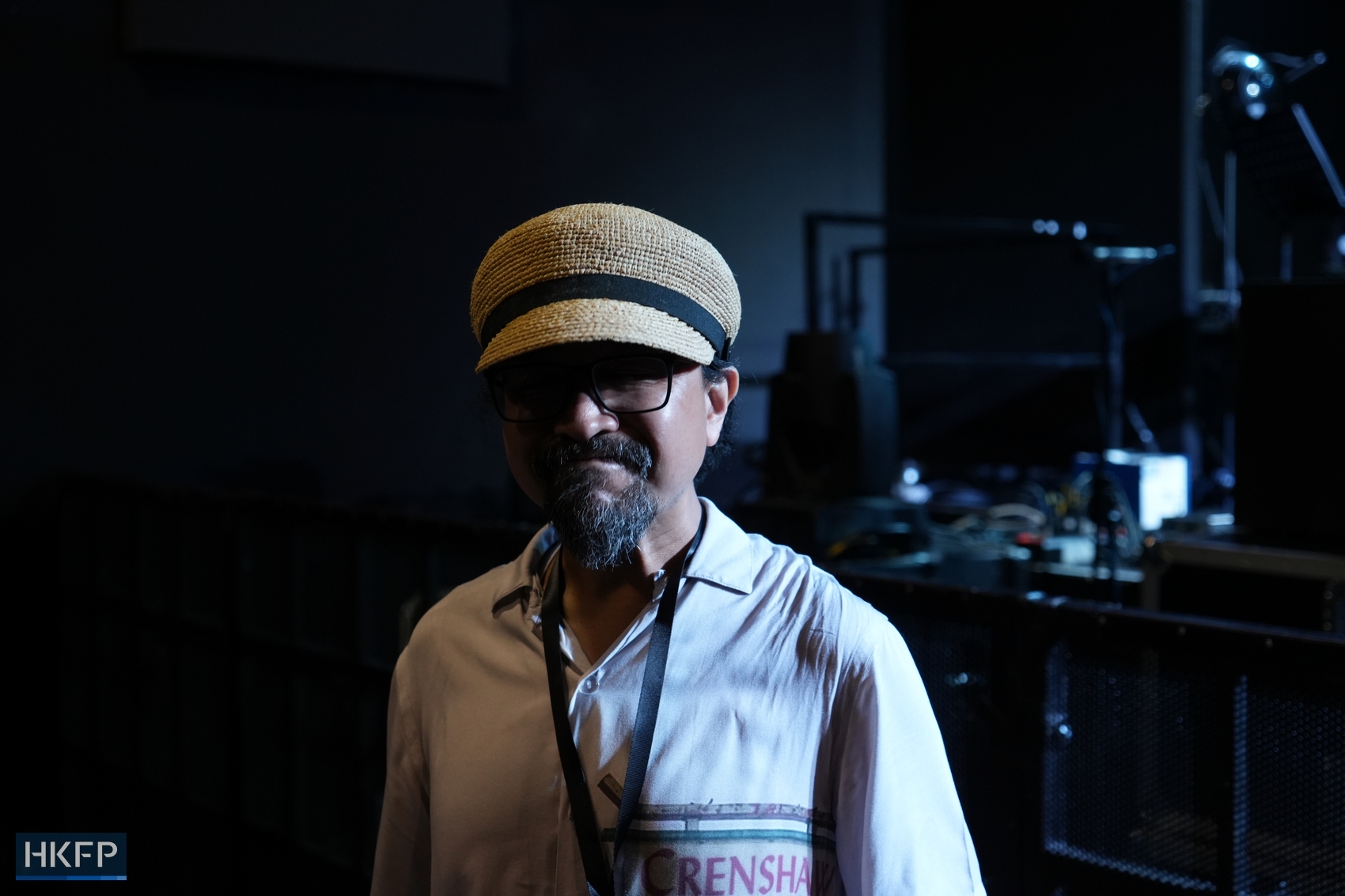
Nic and Ben Tse of The Lovesong said their most memorable event at Music Zone was when legendary US rock band Dinosaur Jr. played there in 2012, while drummer Lee Yat-ding pointed to a show by Icelandic experimental group Múm the following year.
International artists made up around 58 per cent of Music Zone’s performances in total, a tally conducted by Wave showed.
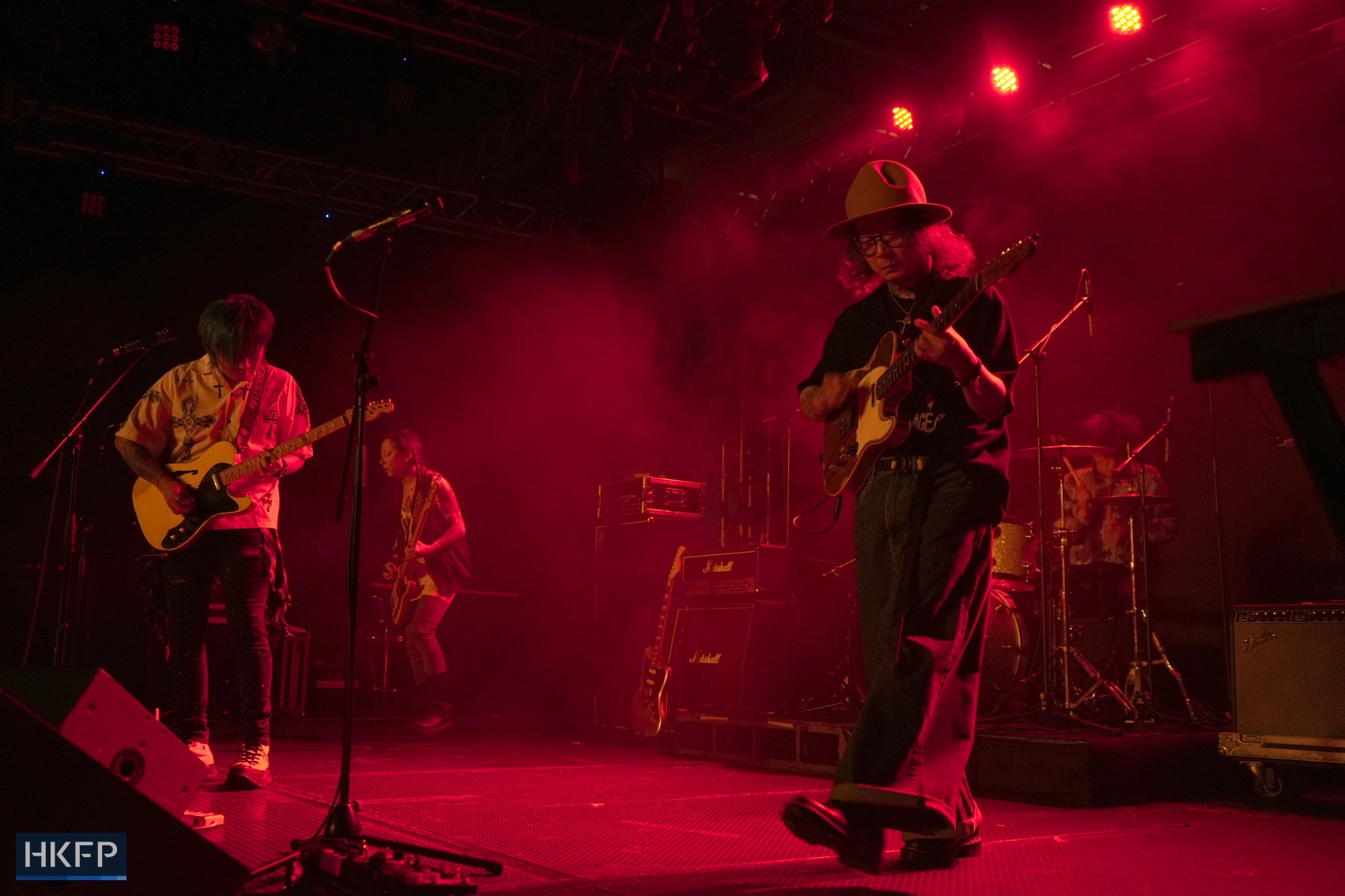
“As a venue it was relatively acceptable to foreign bands of different tiers,” said Neonlit’s Leung, who specialises in bringing Japanese artists to the city. “Some may play at 10,000-seats venue in Japan, but they can still bear to play a 500-seat show in Hong Kong.”
Venues smaller than that would hardly sell enough tickets to cover the costs of travel, he said, making it less appealing for foreign bands to come to the city.
Alternatives
While alternatives to Music Zone did exist, with venues such as The Box in the West Kowloon Cultural District offering a similar capacity, Hui said they were not as accessible as the one that was closing.
“Sometimes you wait a month just to get a reply [on availability],” he said of some NGO-run or semi-official venues.
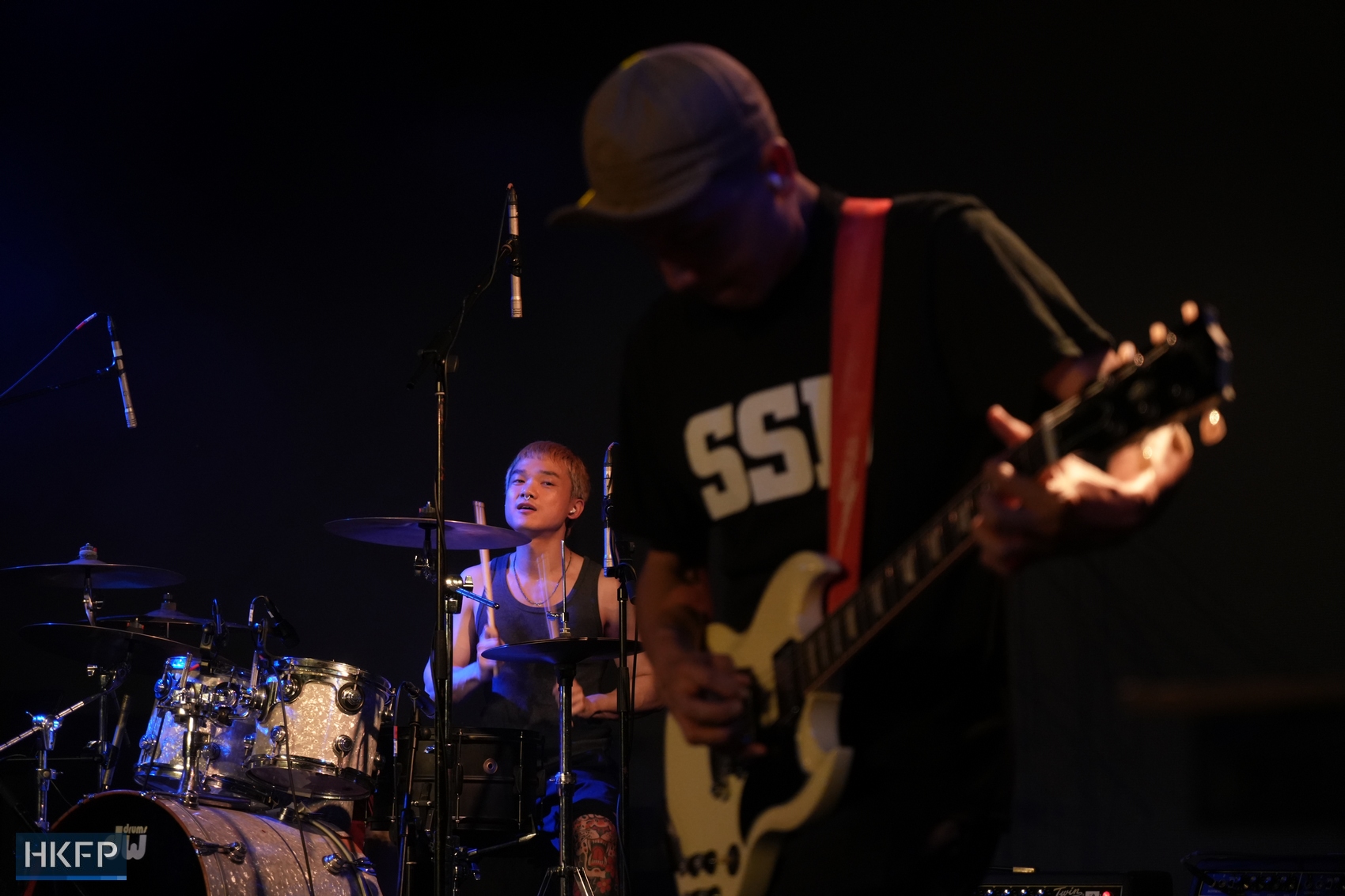
And unlike Music Zone, other venues were not dedicated to hosting music performances, Leung said, meaning that organisers would often have to build a temporary stage and rent extra amplifiers.
“The importance of [Music Zone] is that it was the only 500-person, cheap, and audio-gear inclusive venue in Hong Kong,” said Lee, drummer of The Lovesong.
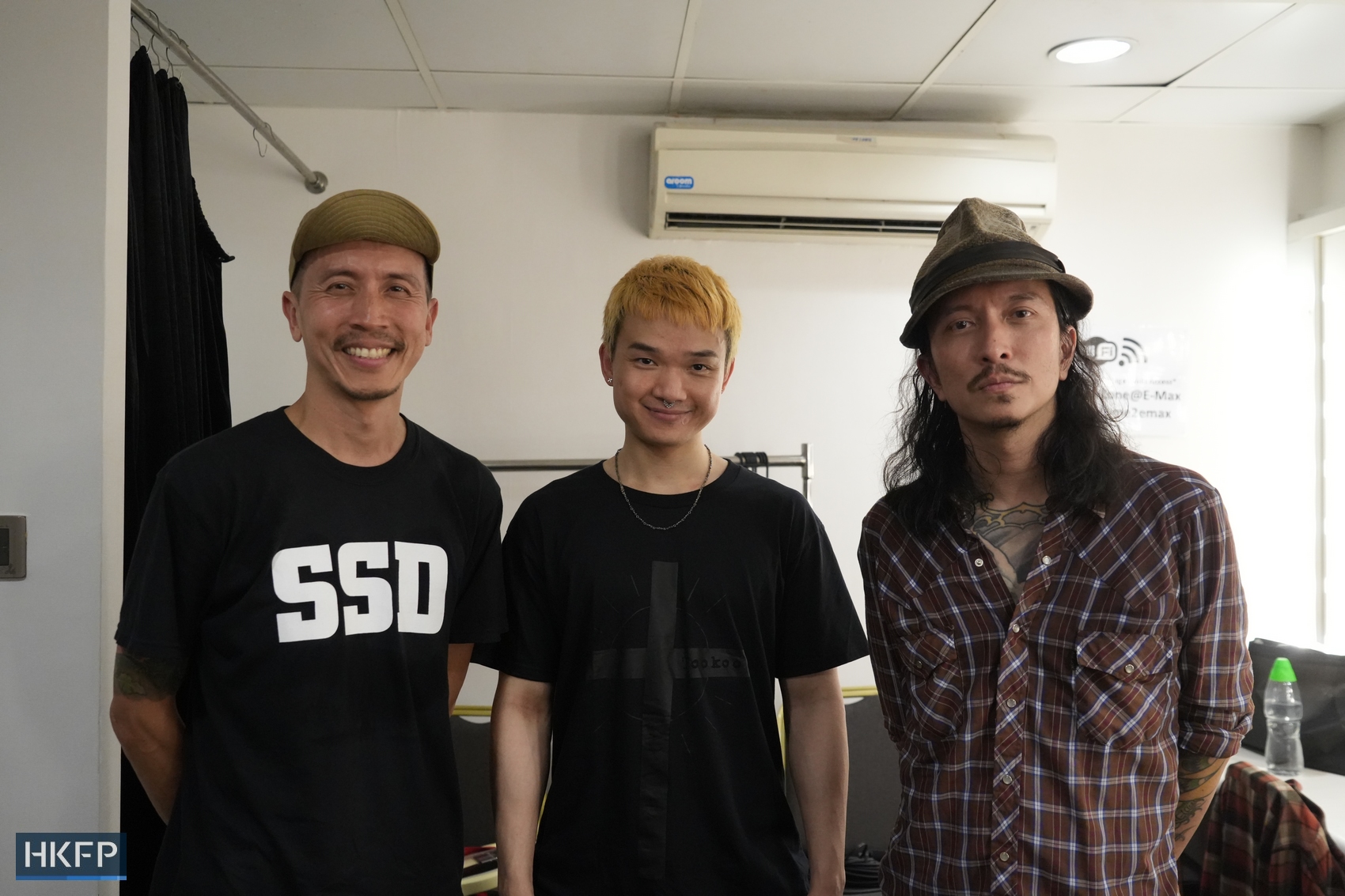
Affordability was crucial to organisers, too, Leung said, as they were able to take more risks with bands that may not guarantee a full-house.
A case in point was last Saturday’s show, which featured Beijing-based TooKoo and Japanese band Buddhistson, both recently regrouped after several years apart, alongside The Lovesong.
“This line-up was rather special, they played together like 20 years ago in Hong Kong,” Leung said, adding that organisers had no recent data to predict ticket sales.
“But of course if people come to know new music through this show, it would make us happy,” he added. Some 200 attended the show last Saturday.
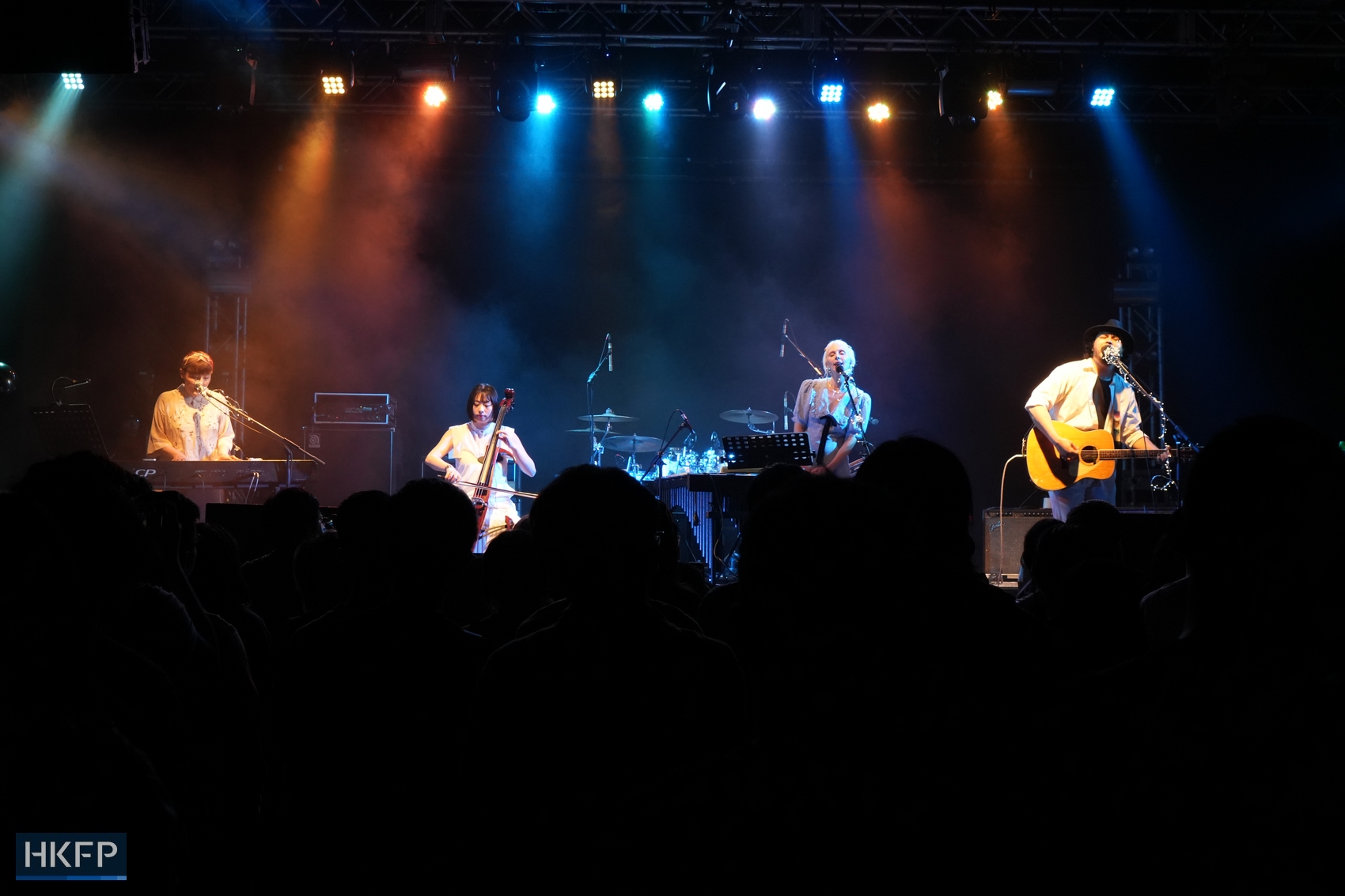
Buddhistson played in Hong Kong in 2003 as party of Rockit festival, the precursor to Clockenflap, and last visited the city in 2019 to play at TTN’s final venue, guitarist Shima Takuya said.
Japan has “lots of smaller venues,” he said, making touring affordable. He added that he hoped to play in new Hong Kong live houses in the future.
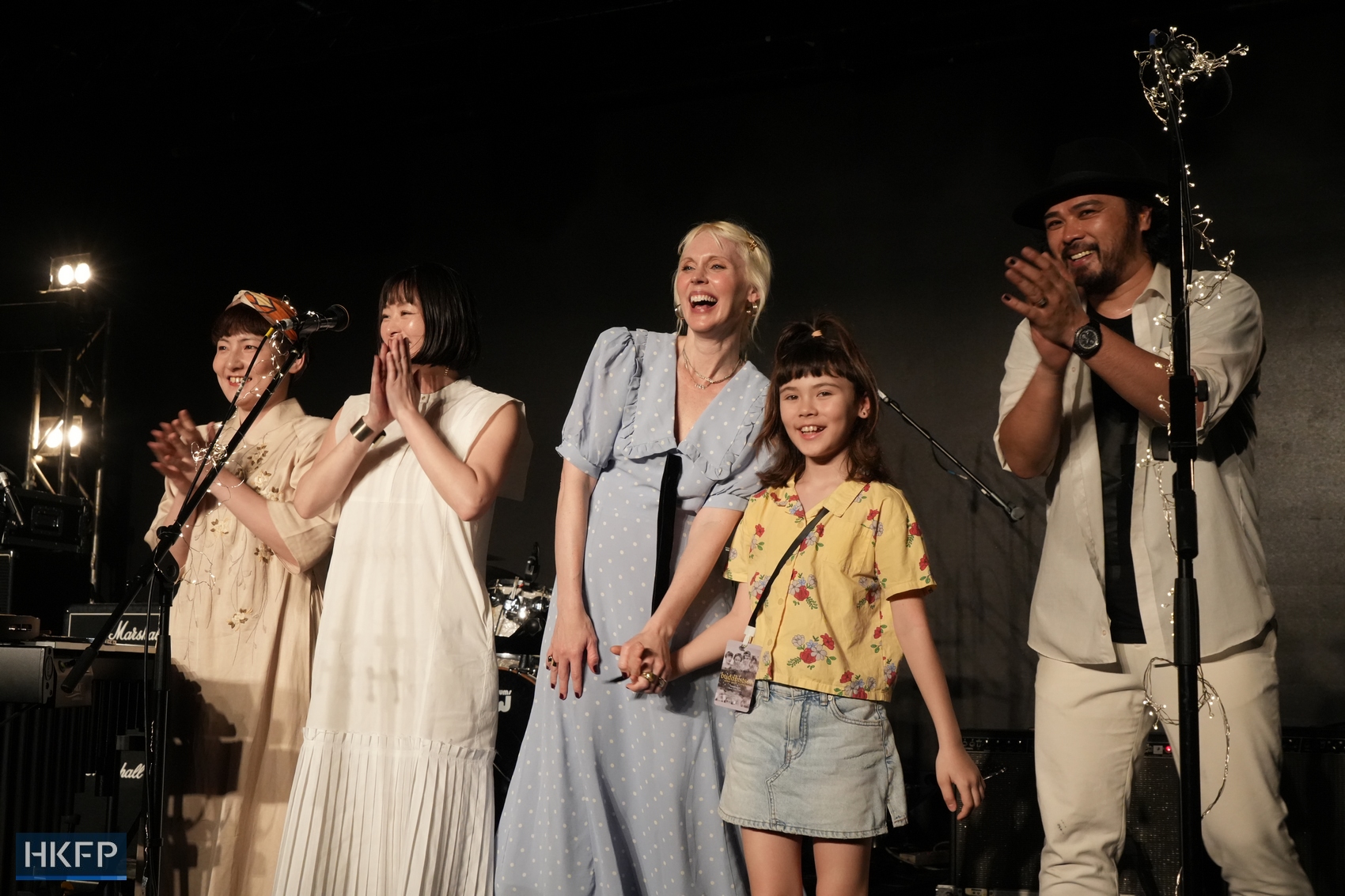
It was a similar story in China, TooKoo’s guitarist Zhang Shuai told HKFP, with live houses sprouting up across the country, providing ample space for alternative music.
Newcomers
Among the fans present last Saturday were newcomers keen on listening to non-mainstream music.
That included Sebastian, Nic’s son, who was only one when his dad took him to Music Zone to see Dinosaur Jr.
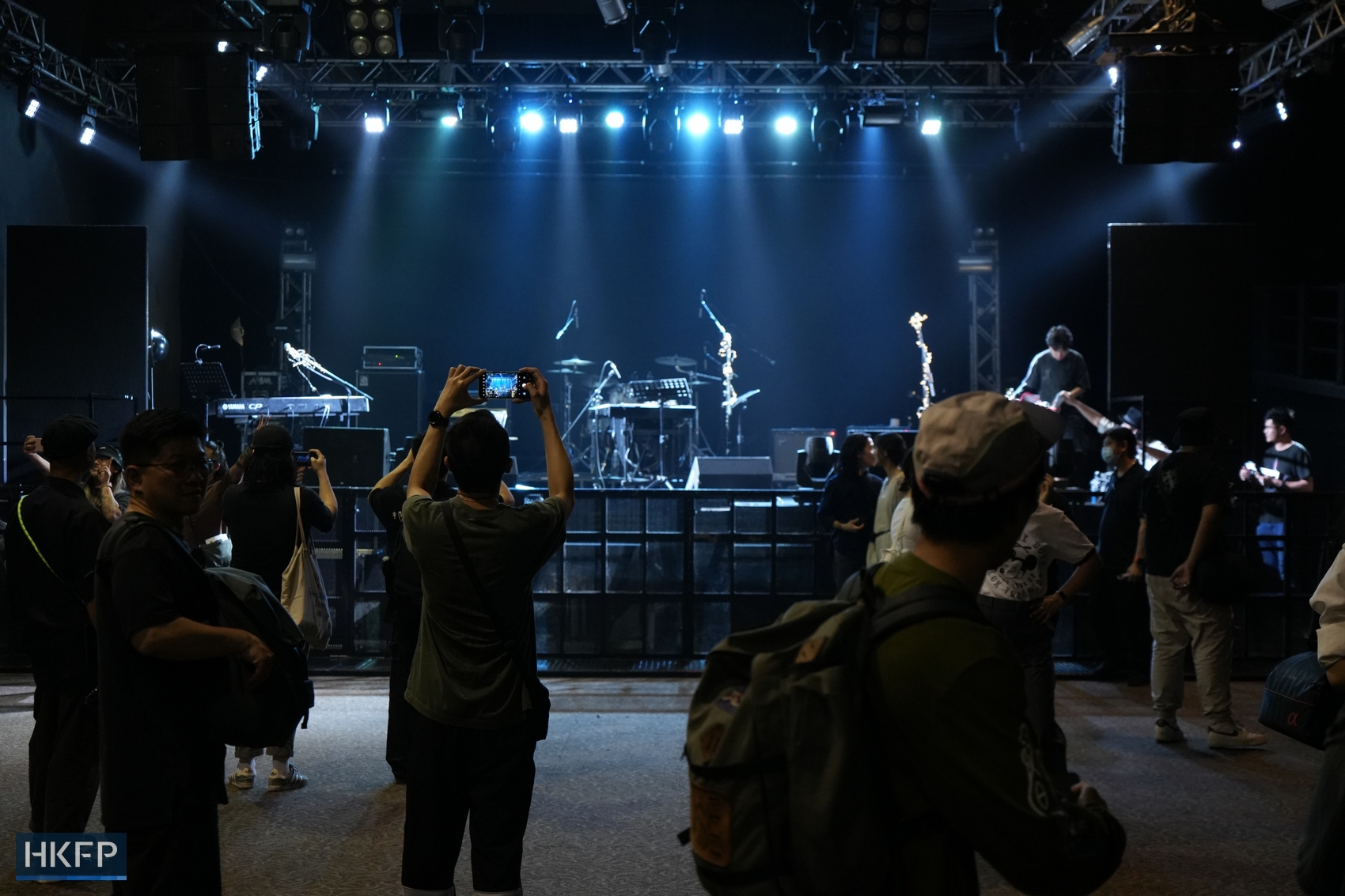
Now 12, he was able to enjoy one of his favourite bands, the US indie-rock outfit Saosin, at Music Zone last September.
“I think Music Zone allows different kinds of people to come here to perform,” Sebastian said, adding that the city “needs a variety of music.”
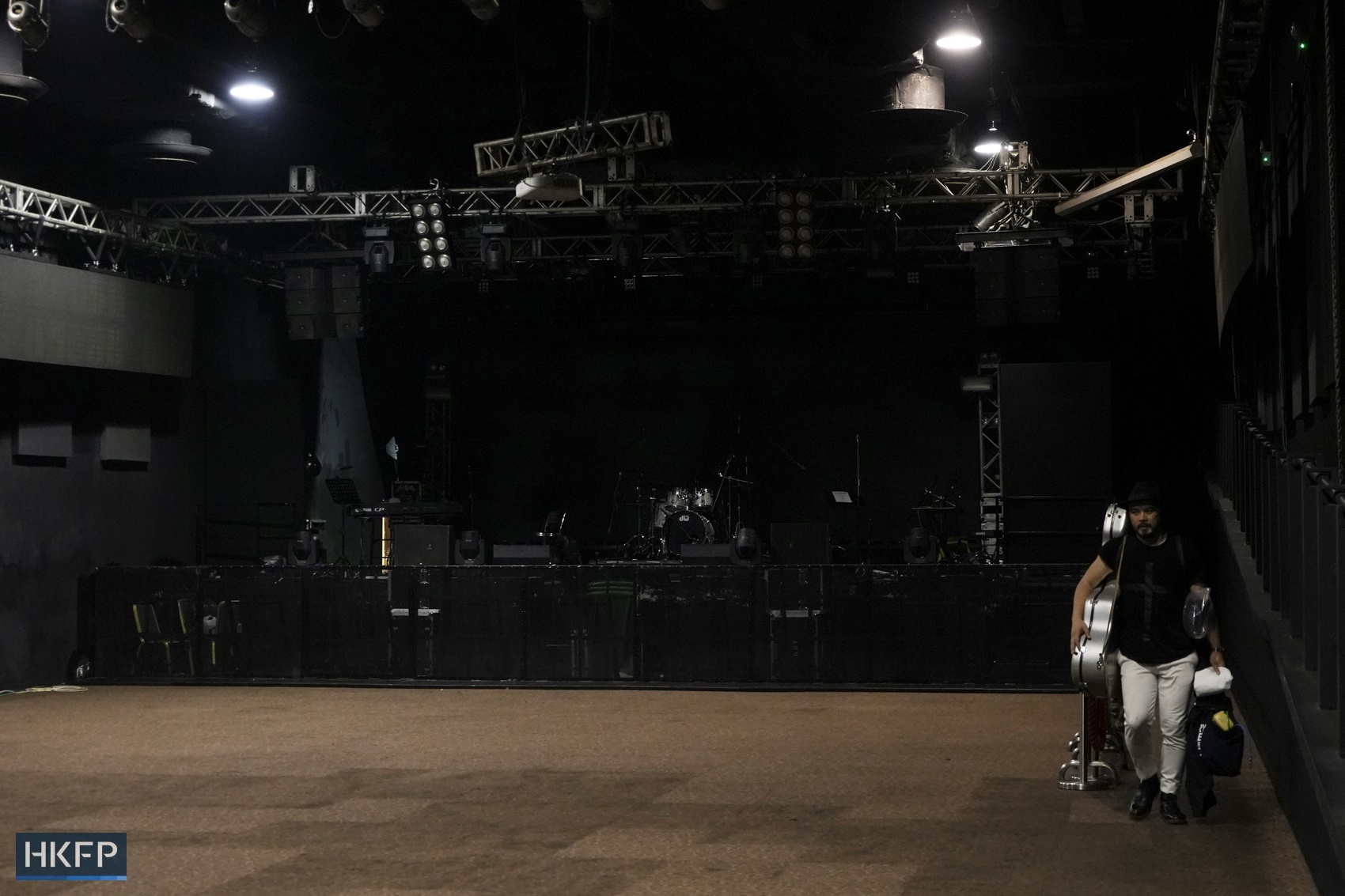
Adair Leung, a 23-year-old music fan who began going to live shows during the pandemic, said some of his most memorable experiences in the local indie scene had been at Music Zone.
“Even though it is a commercial venue, it carries more than mere transactions,” he said. “It houses a shared memory.”